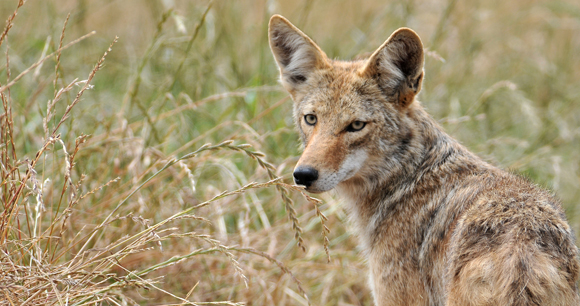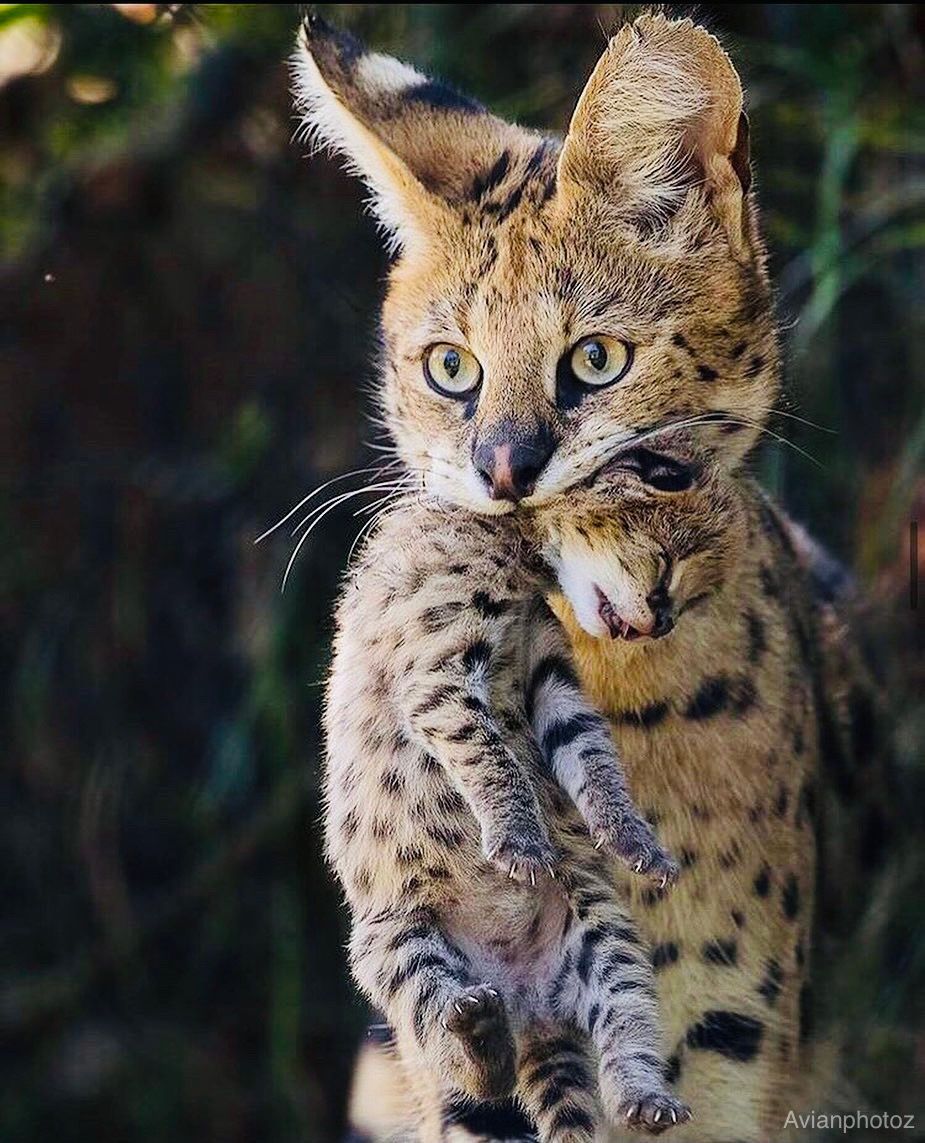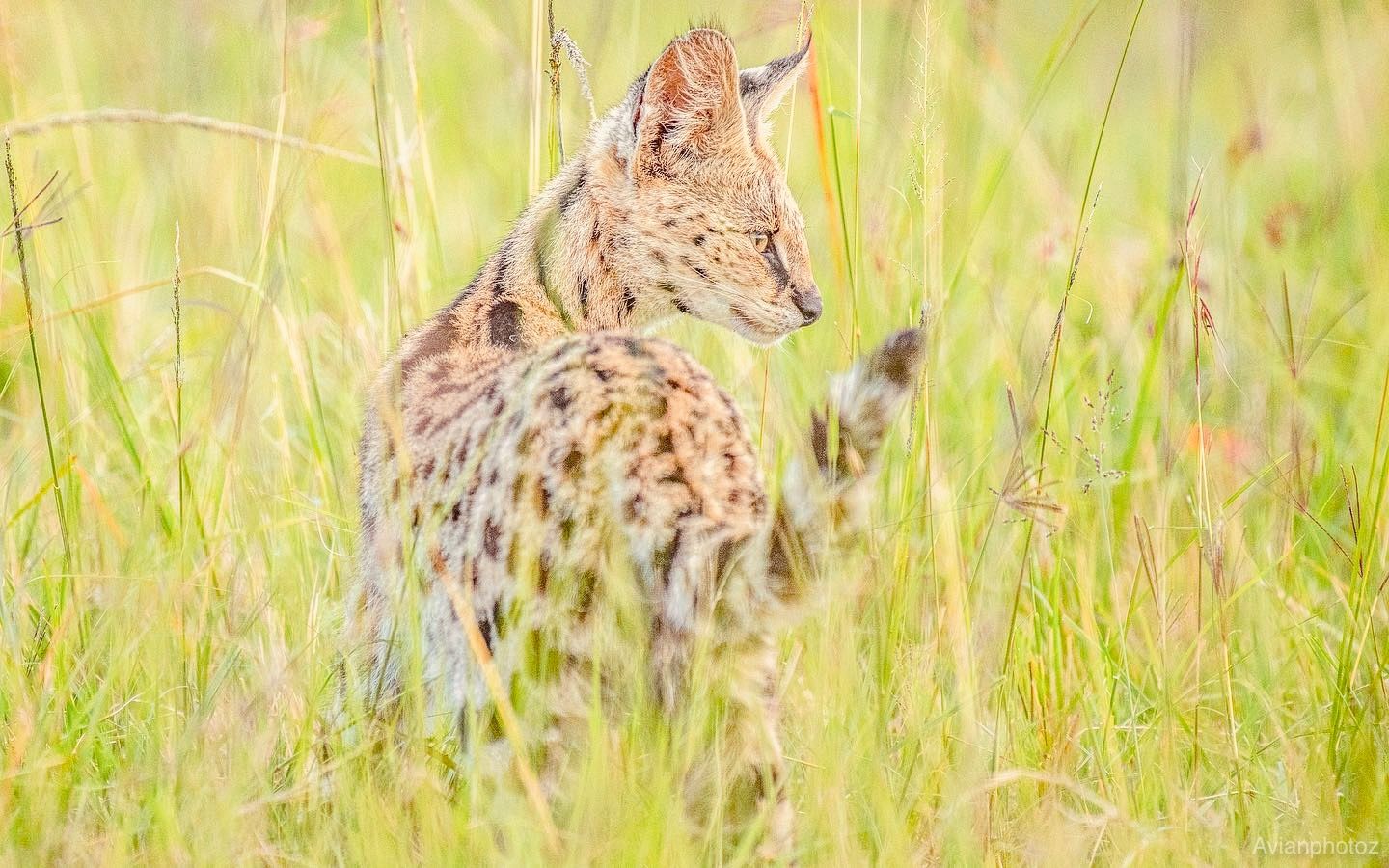
Wildlife killing contests are organized events in which participants kill animals within a certain timeframe for cash, prizes, entertainment, or other inducements. Teams compete in judging categories that often focus on the number of animals killed, the weight or the sex of animals killed, particular species killed, or smallest or largest body or body part of the animal killed. Contests frequently involve betting and end with a check-in or weigh-in of the animals, followed by a party where contest prizes are awarded. Afterwards, away from public view, the carcasses of the animals are usually dumped.
Wildlife killing contests are cruel and have no place in a civil society or in modern wildlife management. Contests usually target native carnivores, including coyotes, bobcats, mountain lions, and foxes, as well as smaller animals, such as squirrels and rabbits. These events can result in hundreds of animals being wiped off a landscape in a single weekend. Such contests are antithetical to the respectful, ethical, and pro-conservation message necessary to ensure the long-term protection of our country’s wildlife.
AWI is working to ban these contests at state and federal levels. We led the successful effort to ban killing contests in Colorado, and have engaged in advocacy work on this issue in other states as well, including in Arizona, Maryland, Massachusetts, Nevada, New York, Oregon, Virginia, and Washington. AWI is a member of the steering committee of the National Coalition to End Wildlife Killing Contests, which works to raise awareness about the issue; support action to ban contests through legislation, regulatory reform, and litigation; and advocate for humane wildlife management. As a steering committee member, AWI develops educational materials with the goal of ending all contests across the country.
WHY KILLING CONTESTS SHOULD BE BANNED
1. Wildlife killing contests are cruel and contravene hunting principles
Wildlife killing contests are cruel, barbaric, and wasteful, which violates fundamental hunting principles. The very nature of these events—where participants are motivated by financial rewards to kill as many animals as allowed over a designated time period—increases the likelihood that participants will fail to abide by established hunting principles. Such principles generally promote the concept of “fair chase” and decry waste and indiscriminate killing. Contest participants frequently disregard the principle of fair chase, with participants using bait and electronic calling devices to attract animals with sounds that mimic prey or distress calls of wounded young in an attempt to maximize the chances of winning cash and prizes. The carcasses of the animals are usually wasted because they are rarely used for food or fur, and are commonly thrown away after weigh-in. Furthermore, an untold number of animals are orphaned or injured during these events. Killing adult bobcats, coyotes, foxes, and other species inevitably leaves dependent young to die from thirst, starvation, predation, or exposure.
Numerous state wildlife agencies and officials have recognized that killing contests undermine the reputation of hunters. Contests have been characterized by state officials as “slaughter fests” and “stomach-turning examples of wanton waste” that are “about personal profit [and] animal cruelty.” Investigation video footage has shown contest participants slinging dead coyotes and foxes into piles to be weighed and judged, joking about the methods used to lure and kill the animals, and laughing and posing for photos in front of a row of foxes strung up by their feet. Such behavior demonstrates a complete lack of respect for wildlife, promotes gratuitous violence, and sends the irresponsible and disturbing message that wanton killing is fun.
2. Wildlife killing contests undermine modern, science‐based wildlife management principles and are not an effective wildlife management tool
The indiscriminate killing promoted by wildlife killing contests is counterproductive to effective wildlife population management. Scientific studies have shown that many wildlife populations depleted by unnatural means simply reproduce more quickly due to the sudden drop in competition for resources and changes to social structure from the loss of individuals. This effect is well documented for coyote populations in particular, which are common targets of wildlife killing contests. State wildlife management agencies across the country have recognized that killing contests do not control coyote population size over the long term. In the short term, loss of coyotes negatively impacts the environment because the species is an integral part of healthy ecosystems.
3. Wildlife killing contests do not increase populations of game animals
The best available science indicates that indiscriminately killing native carnivores is not an effective method for increasing game species abundance. Many state wildlife commissions and agencies—including those in Illinois, Louisiana, Missouri, New York, North Carolina, Pennsylvania, South Carolina, Vermont, West Virginia, and Wyoming—have concluded that reducing predator numbers will not enhance populations of ungulates, small game animals, and game birds. These findings demonstrate that this common rationale for holding killing contests targeting predators is scientifically unfounded.
4. Wildlife killing contests do not prevent conflicts with humans, pets, or livestock—and may increase them
Although some argue that contests are needed to reduce depredation of livestock, such contests are not effective in removing individual, problem-causing animals. Most killing contests target predators in woodlands and grasslands, where conflicts with humans, pets, and livestock are minimal. Studies have found that killing predators fragments social groups, which can increase the likelihood of livestock depredation. In a signed statement, more than 70 conservation scientists concluded that killing contests do not represent the kind of targeted effort required for effective management of livestock depredations, and that indiscriminate killing of predators is likely to exacerbate risks to livestock.
SUCCESSES TO DATE
Eight states—Arizona, California, Colorado, Maryland, Massachusetts, New Mexico, Vermont, and Washington—have enacted bans on certain types of wildlife killing contests. In 2014, the California Fish and Game Commission banned contests targeting game species, furbearers, and nongame mammals. In 2018, the Vermont General Assembly banned coyote-killing contests. In 2019, the New Mexico General Legislature banned coyote killing contests, the Arizona Fish and Game Commission banned contests for predator and furbearing species, and the Massachusetts Division of Fisheries and Wildlife banned contests for predator and furbearer species. In 2020, the Colorado Parks and Wildlife Commission banned contests for furbearing species and certain small game species, and the Washington Fish and Wildlife Commission banned contests for species without a bag limit. In 2021, the Maryland legislature banned contests targeting coyotes, foxes, and raccoons, with overwhelming bipartisan support. Additional states have pending legislation or have proposed rules that would limit wildlife killing contests.
WHAT YOU CAN DO
Please take action to help end wildlife killing contests. Here are some steps you can take:
- Learn more about wildlife killing contests from the National Coalition to End Wildlife Killing Contests.
- Use this toolkit to learn how to advocate for bans on wildlife killing contests.
- Call, send letters, and meet with your state legislators to encourage them to ban wildlife killing contests.
- Call, send letters, and meet with your state’s wildlife agency staff and wildlife commissioners to encourage them to ban wildlife killing contests.
- Encourage your city or county council to pass a resolution or an ordinance against wildlife killing contests. For guidance, review these sample resolutions.
- Write a letter to the editor of your newspaper to raise awareness about killing contests and to encourage readers to express their opposition to the contests to their lawmakers.
- Educate your family, neighbors, and friends by informing them about wildlife killing contests and what they can do to help end them. Hand out this informational postcard, post on social media, and ask people to fill out this blank postcard to send to policymakers.
- Host a screening of Project Coyote’s award-winning documentary KILLING GAMES—Wildlife in the Crosshairs and invite stakeholders to attend.
- Help shut down contests in your state by politely urging event hosts and sponsors to stop supporting killing wildlife for fun and prizes. Sample letters can be found in this toolkit.
- Donate your time and/or provide financial support to wildlife protection organizations working to end wildlife killing contests.

 The serval is a small and less frequently seen member of the cat family.
The serval is a small and less frequently seen member of the cat family. 


